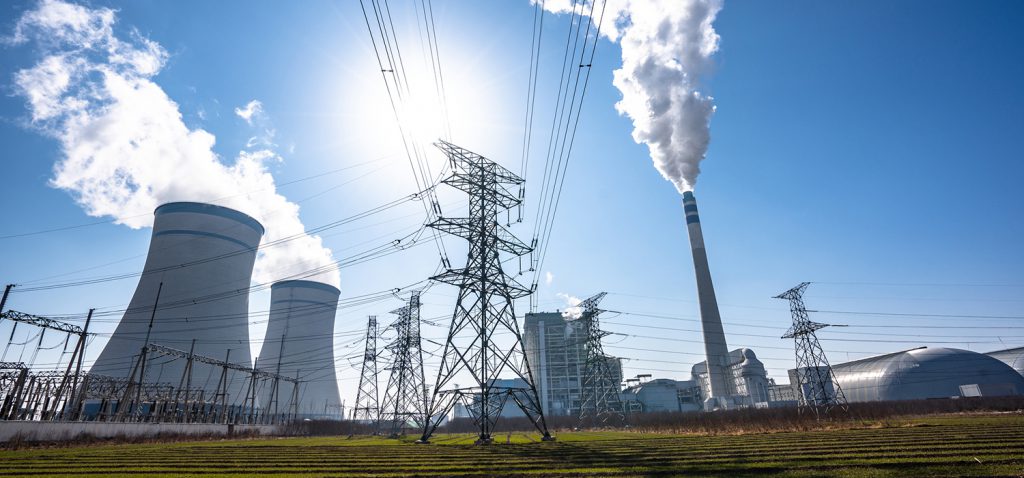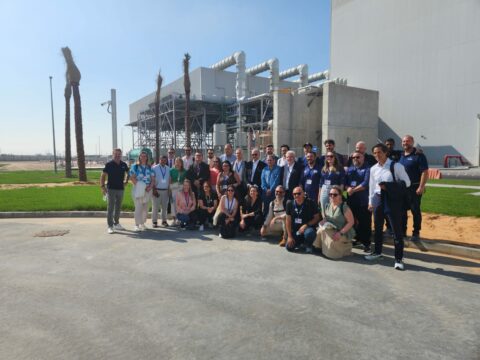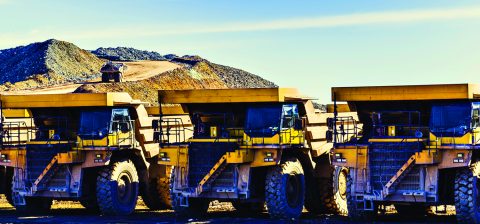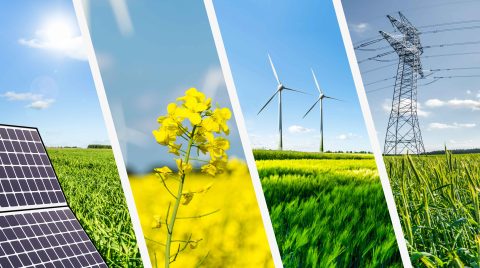SA Mining PR
Carbon Tax Will Have Huge Impact On The Mining Sector
A Minerals Council South Africa survey undertaken in August 2019 of 18 of the larger mining companies across the sector confirms the significant costs that will be incurred as a result of the introduction of carbon tax. Across the companies surveyed, carbon tax costs are estimated at as much as R517 million a year in phase 1. In the absence of the offsets allowed in phase 1 (as this information is still not known), the carbon tax liability for these 18 companies is estimated to increase to R5.5 billion per year in phase 2.
CEO, Roger Baxter says: “The Minerals Council both understands and recognises the science of climate change. We recognise the role of fossil fuels in climate change, and that a shift to renewable energy sources is a global and national imperative. We fully support South Africa’s commitment to reducing GHG emissions in line with the Peak, Plateau and Decline (PPD) trajectory and Nationally Determined Contributions (NDC) under the Paris agreement.
“But the planned carbon tax, in the absence of any other climate change measures in the overall ‘toolbox’ that includes incentives and not only disincentives and necessary supporting regulation, is likely to be damaging to carbon intensive sectors with no pathways for offsets. The significant uncertainty associated with phase 2 of the implementation of the carbon tax will be materially negative for South African mining, in the absence of any tax-free incentives.
“We believe that the transition to a low-emissions economy should be balanced and supported by a competitive tax system which is critical for investment in capital intensive industries such as mining. Mining projects involve high-risk exploration outlays, large upfront capital commitments, long-life assets, sophisticated technologies and long lead times to profitability.
Unpacking the impact
The socio-economic implication of the tax and regulatory uncertainty which negatively impacts on the competitiveness of the mining industry, remain significant concerns.
In the past decade, South Africa’s economy grew by an average of only 1.5% a year. This has contributed to a continuous decline in GHG emissions per unit of GDP in a context where:
- The composition of South Africa’s growth shifted away from carbon-intensive industries, like mining and manufacturing, towards less carbon-intensive sectors like financial services and retail; and
- The 523% increase in the electricity price in the past decade, in materially damaging the competitiveness of the mining and smelting industries, further contributed to the decline in carbon-intensive sectors.
It is therefore highly likely that South Africa will achieve its Paris agreement commitments without implementing measures such as a carbon tax.
The Minerals Council proposes a ‘toolbox’ of measures to mitigate climate change, but this should comprise both incentives and disincentives for behavioural change. The Minerals Council is extremely concerned about the implementation of carbon tax in isolation, and in the absence of all the other parts of the toolbox that should be applied to mitigate climate change.
In Phase I, mining companies qualify for a 60% tax-free portion. Given that the regulations to enable the implementation of the Performance Allowance, Carbon Offset, Carbon Budget and Trade Exposure Allowances are not finalised, it is impossible to determine if mining companies will qualify for the remaining 35% tax-free portion. Based on this, the Minerals Council has no other option at this stage but to assume that mining companies will be liable for 40% of the R120/tonne CO2 equivalent on scope 1 emissions.
In Phase II, the carbon tax would have risen to about R170/tonne CO2 equivalent. Mining companies are assuming that the full R170/tonne CO2 will apply to scope 1 and 2 emissions. Applying these assumptions, we estimate that this will cost the mining industry more than R5.5 billion in carbon taxes annually.
These challenges are exacerbated by the fact that mining companies that want to invest in renewable energy (solar) are faced with material regulatory hurdles, including the need to obtain IRP2010 exemptions, licenses from NERSA, agreement with Eskom on wheeling and transmission fees, and traverse a web of environmental authorisations. This significantly frustrates their ability to invest in and implement these new projects.
Delay the implementation of the carbon tax
The Minerals Council believes that the timing of the implementation of the carbon tax presents a major challenge and should be delayed until all the enabling regulations and the establishment of a legislative regime providing for carbon budget (as proposed in the Climate Change Bill) are in place. Also, the pathways to investing in green energy need to be clear and the whole toolbox should be capable of application. Failure to do so exacerbates the regulatory uncertainty, which in turn materially undermines investment in the mining sector.
Watch a video interview with Minerals Council CEO Roger Baxter on the impact of carbon tax on the mining industry at: https://youtu.be/TshUlf4sZ4Y.
For further information, please visit: www.mineralscouncil.org.za.






 Sign-up and receive the Business Media MAGS newsletter OR SA Mining newsletter straight to your inbox.
Sign-up and receive the Business Media MAGS newsletter OR SA Mining newsletter straight to your inbox.